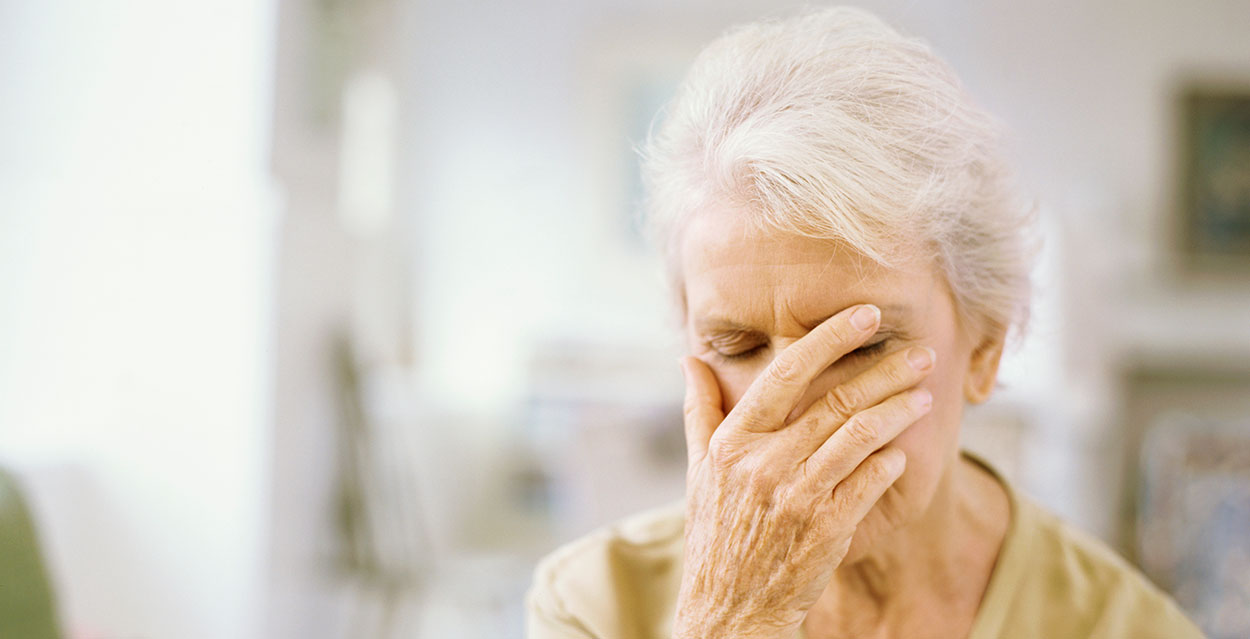Patient falls are the most common adverse events reported in hospitals. Reports indicate that each year approximately 700,000 to 1 million patient falls occur in U.S. hospitals. These falls are reported to result in 250,000 injuries and up to 11,000 deaths. About 25% of all falls result in injury, while 10% of falls result in serious injuries to patients. In 2008, the Centers for Medicare & Medicaid Services (CMS) stopped reimbursing hospitals for fall-related injuries.
Hospitals should have in place policies and procedures to address patient fall risk, fall-prevention mechanisms, and injury-prevention mechanisms. All hospitals must identify patients at risk for falls, implement strategies to prevent falls, and use devices to reduce injuries from falls.
Hospitals must also recognize that certain medications and medical conditions place patients at greater risk for falls. Hospital staff must be trained on the hospital's fall and injury-prevention policies and procedures. In addition, hospitals must have sufficient staff to properly monitor and supervise patients who are at high risk for falls.
If you or a loved one sustained serious injuries or died as a result of a hospital fall, click on the "Confidential Case Submission" link below.
Tell Us About Your Case
Falls In Nursing Homes, Assisted Living Facilities and Hospitals
A fall is defined as an incident, whether seen or not, where a patient is found on the floor. Falls commonly result in hip fractures and head injuries. Hip fractures usually require surgical repairs. Elderly and infirm people who sustain hip fractures have a 50% chance of dying within one year of hip surgery. Many residents die much sooner as a result of complications of immobility, such as pneumonia, and surgical complications, such as infection. Head injuries can lead to brain bleeding that, in many instances, is untreatable. Falls can also cause spinal fractures that result in paralysis. It is important that the staff, on admission, and frequently thereafter, assess the patient to see if they are at risk for falls. Patients are at risk of falls if they have a history of prior falls, are on medications that lead to falls, have a history of strokes, have poor safety awareness or instability, are in a new and unfamiliar environment, there is poor lighting, the patients are provided improper shoes or socks, there are slippery floors, or the facility uses the wrong equipment.
There are many interventions that can be used to prevent falls and prevent injuries from falls:
- Put the patient in a low bed
- Use safety mats next to the bed
- Put an alarm on the bed, wheelchair and patient
- Place hip protectors on the patient
- Take the patient to the bathroom every two hours
- Timely answer the call light
- Use a bedside commode
- Frequent monitoring
- Staff training
- Sitters
The best intervention is a PLAN. When the patient is at risk for falls, it is important to make sure that there is a plan in place to address the risk for falls. If the plan does not work, then the facility needs a different PLAN. Restraints should rarely if ever, be used. Only a physician can order restraints. Remember, a bedrail is a restraint unless the patient can use the bedrail to help them move or turn themselves in bed. If a bedrail is only used to keep a patient in the bed, then the bedrail is being used as a restraint. Bedrails can be dangerous because patients may try to climb over the bed rail.
Steve is one of the only attorneys in the State of North Carolina who devotes his entire practice to the representation of plaintiffs in cases involving nursing home and assisted living facility negligence and hospital falls.
Steve Gugenheim
Gugenheim Law. Experience. Knowledge. Results.
Confidentially, Tell Us About Your Case
Committed to helping our clients succeed
Our Practice Areas
Nursing Home Neglect
When nursing and rest home residents are injured or killed from neglect, Gugenheim Law will be there to take on the nursing home and fight for the rights of those who cannot fight for themselves.
Long Term Care Negligence
Our goal is to change the way the industry does business and to force nursing homes and assisted living facilities to treat our loved ones with the respect and dignity they deserve.
Hospital Falls & Injuries
A hospital fall case is often sophisticated, expensive and complex litigation. Simply having a law degree doesn’t mean that an attorney has the time, resources and experience to handle your malpractice claim. There is no substitute for experience.

